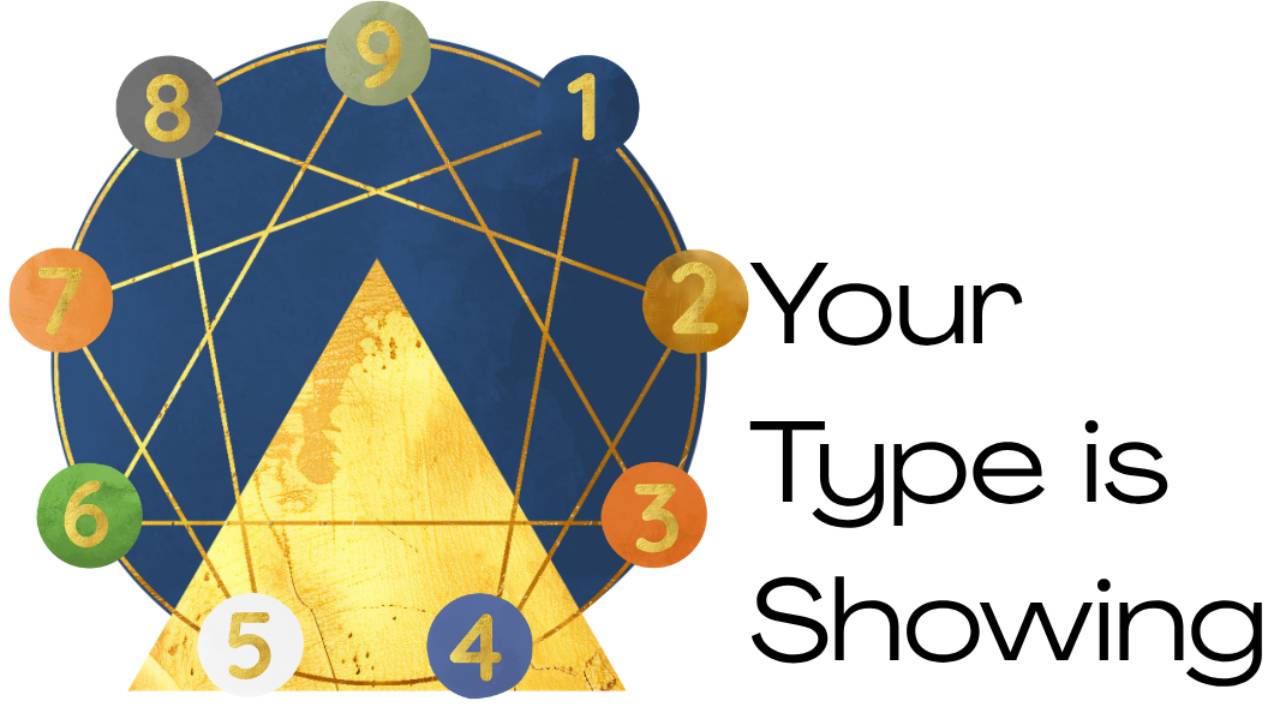
Driven to do what’s right, improve what’s broken, and become good enough to be worthy of love.
Type Ones are guided by a powerful internal need to be good, correct, and responsible. They aim to live with integrity and believe they must improve themselves, others, and the world.
“The world is imperfect and I must work toward improving it. I must be good/right/perfect and avoid mistakes. I must distinguish between right and wrong and apply myself diligently to make the world better.”
Beneath this striving is a deeper belief:
“If I don’t get it right, I am not worthy.”
Core Fear & Desire
- Basic Fear: Being corrupt, bad, or defective
- Basic Desire: To be good, ethical, and have integrity
Vice and Virtue
Vice – Anger (Suppressed):
Ones often suppress their anger to maintain control and be seen as good. Instead of direct expression, this anger leaks out as tension, irritation, or judgment—toward self and others.
Virtue – Serenity:
When Ones allow for imperfection—both in themselves and in others—they begin to relax. Serenity arises from accepting life as it is, without constantly trying to fix or improve everything.
Developmental Path: From Perfection to Presence
| Stage | Developmental View | One’s Expression |
|---|---|---|
| Egocentric | “Being wrong is dangerous.” | Rule-enforcing, punitive, intolerant of flaws |
| Ethnocentric | “I must live correctly.” | Morally upright, loyal to values and systems |
| Worldcentric | “Truth is complex.” | Flexible, fair, and principled without rigidity |
| Cosmocentric | “Perfection is already present.” | Acts with grace and trust in life’s unfolding |
Strengths of the One
- Principled and guided by values
- Honest, reliable, and deeply conscientious
- Strong ability to see flaws and improve systems
- High internal standards and work ethic
- Brings order, structure, and ethical leadership
Challenges for the One
- Inner critic never seems satisfied
- Difficulty letting go or relaxing
- Can become rigid, judgmental, or overly serious
- Holds others (and self) to unspoken high standards
- Often struggles to tolerate ambiguity or mistakes

Direction of Growth and Stress
Under Stress → Average Type Four:
Ones may become emotionally withdrawn, moody, and disillusioned. They can feel isolated and misunderstood, and may turn to indulgences that conflict with their values, followed by guilt.
In Security → Average Type Seven:
In safe spaces, Ones lighten up, explore their playful side, and experience joy. They can become more spontaneous and expressive, relaxing their high standards and connecting with others more freely.
The Type 1 at Work
Chief Asset: Precision. Ones bring structure, clarity, and high standards. They are methodical and committed to doing things right.
How They Approach Problems:
“We need to be logical about this and do the correct thing.”
Workplace Belief:
“Things work best when everyone follows the rules.”
What They Appreciate in Others
- Competence
- Integrity
- Adherence to shared values and procedures
What Frustrates Them in Others
- Emotionality or disorganisation
- Cutting corners or inconsistency
- Rule-breaking or shortcuts
How They May Frustrate Others
- Perfectionism and over-correction
- Pessimism or fault-finding
- Rigid adherence to their way
- Judging others without recognising it
How They’re Often Seen by Others
- Positive: Disciplined, rational, high integrity, clear communicator
- Negative: Rigid, controlling, critical, emotionally distant
The Strict Perfectionist in Leadership
Strengths:
- Brings clarity and order to systems
- Holds teams to high standards
- Values ethics, fairness, and consistency
- Leads with thoughtfulness and discernment
Challenges:
- Can be rigid or uninspiring under stress
- May correct too often instead of inspiring
- Tends to focus on flaws more than potential
Where They Shine: Policy creation, compliance, ethics, quality control, system design
Leadership Development Tip:
Be mindful of how your tone, facial expressions, and body language convey disapproval—especially when unspoken. Practice validating progress before offering corrections.
Derailers to Watch For
- Meritocracy Mindset: Belief that worth is earned solely through correctness and hard work
- Unwillingness to Change: Resistance to feedback and preference for others to adapt
- Black-and-White Thinking: Inability to tolerate ambiguity or complexity
- Seriousness: Avoids rest, levity, and spontaneity
- Perfectionism: Over-editing, over-preparing, and over-correcting
- Always Being Right: Difficulty considering alternatives without defensiveness
Growth Invitations for the Type 1
- Notice the inner critic and create space between that voice and your true self
- Embrace “good enough” and let go of micromanagement
- Allow yourself to feel, not just control, emotion
- Use physical movement to release held tension in the body
- Schedule joy and explore what delights you without guilt
- Shift from managing to trusting—especially in people
Keep Growing
Free Subscription
Live with more grace, not just grit
With 'Your Type Is Showing' A type-based subscription delivering weekly insights to that transform judgement into grounded wisdom and presence.











